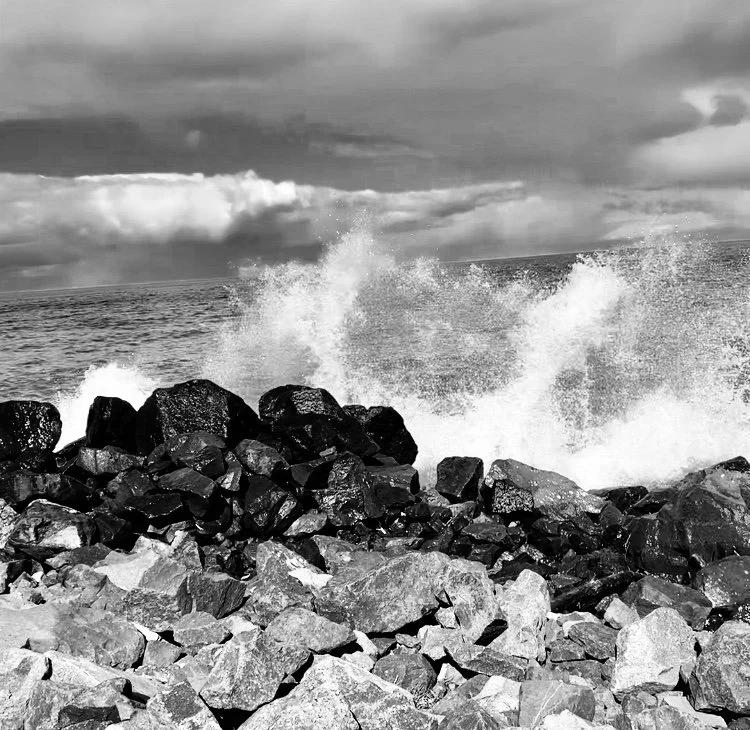THE EXHIBITION
•
THE EXHIBITION •

‘The Silence’
Ludivine Massin was born and raised in Paris, France, and has been living for the past ten years in Berlin, Germany, where she works and raises her two daughters. She mostly writes nonfiction essays about motherhood and addictions. Her work has appeared in The Word’s Faire and Tint Journal. You can follow her here: https://www.instagram.com/ludivine_bodymind